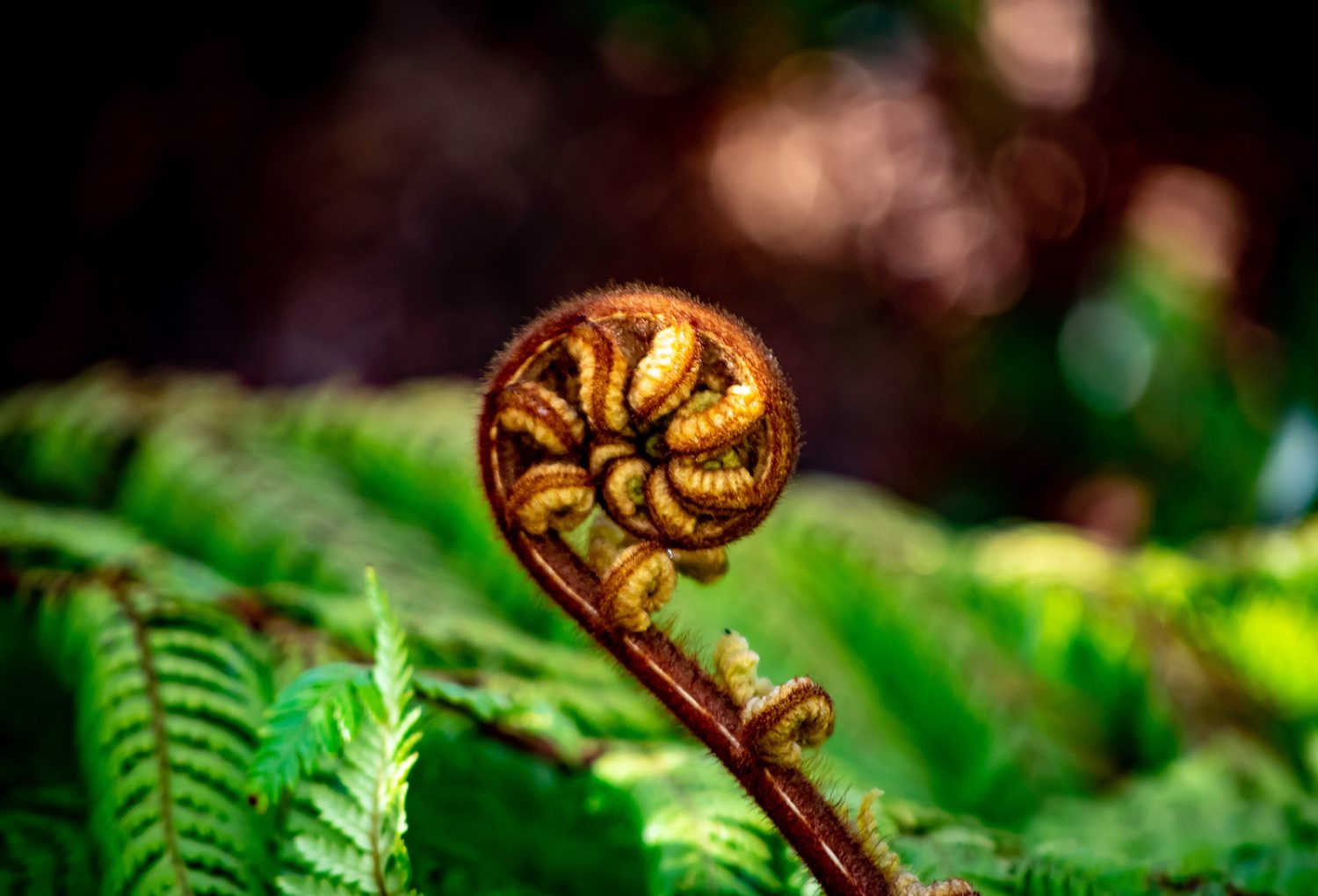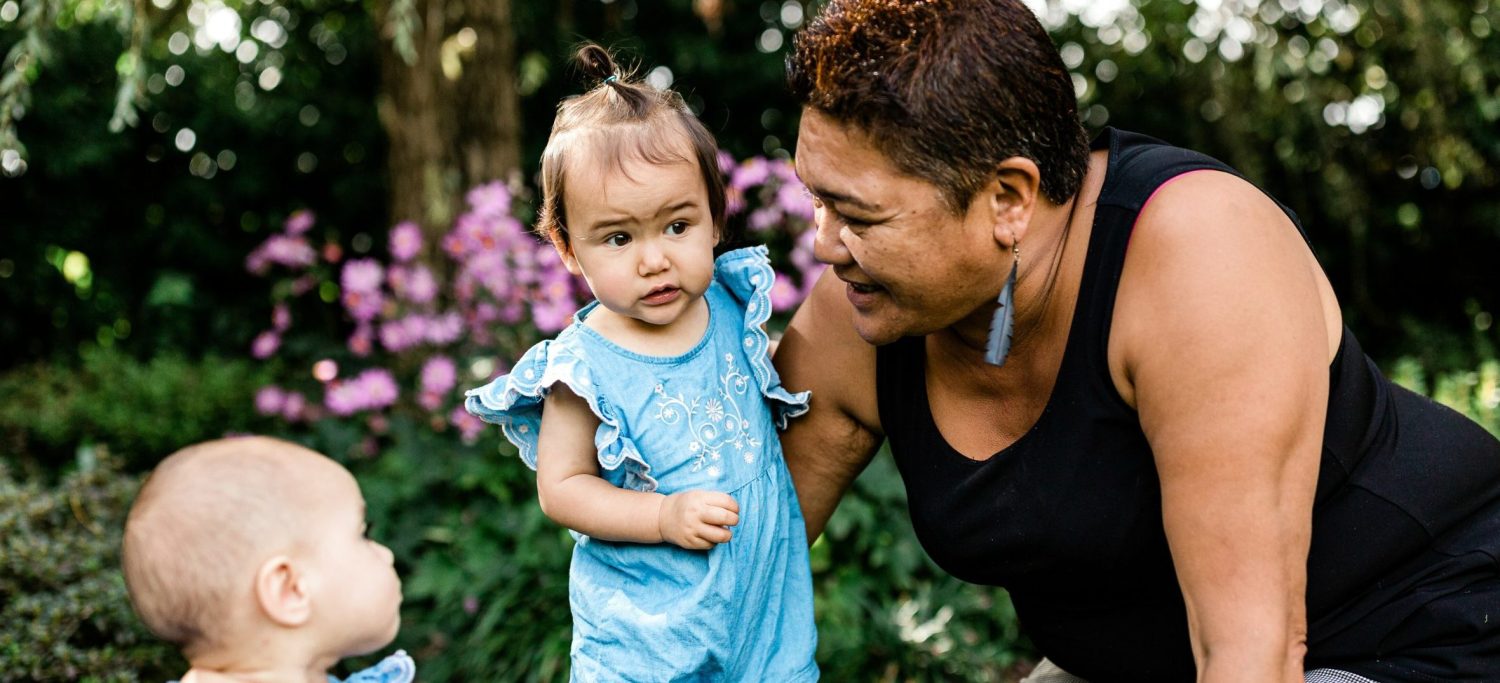What do we know about how well older Māori women — kuia — are ageing in Aotearoa New Zealand? Not enough, it turns out, and certainly not enough from the voices that need to be heard: Māori women.
Dr Kirsten Gabel (Ngati Kahu, Te Paatu, Te Rarawa), a postdoctoral research fellow at the University of Waikato, undertook an Ageing Well project investigating the cultural context of ageing well for kuia (Māori women 55 and over), with specific reference to the value and esteem that kuia are held in, and the essential roles that they have in facilitating whānau and hapū wellbeing.
Adopting a kaupapa Māori approach, Dr Gabel aimed to unlock the potential of mātauranga Māori — Māori knowledge, especially knowledge of the ancestors that predates colonialisation — to inform, innovate, and strengthen approaches to positive ageing for Māori women: “Kia eke kairangi ki te tai kuiatanga”, as Dr Gabel relates in te reo.
Māori, Dr Gabel believes, should draw upon their own knowledge and customs to rediscover ways to age well. “This project worked from the premise that mātauranga Māori has something significant to contribute to ageing and wellbeing outcomes,” she explained. “In particular, our traditional mātauranga provide Māori women with a valid and effective framework of wellbeing from which to create foundational strategies for ageing well.”
Dr Gabel set about understanding that framework. To do so, she focused firstly on reviewing historical literature related to ideas about ageing, and on the effect that colonisation has had on these ideas and particularly on the perceptions and understanding of the role of kuia in society.
She envisages that her framework would ultimately “inform health providers and policymakers in their approach to supporting successful ageing for Māori women.” The research also seeks to trumpet the positive aspects of ageing for older Māori women. Focusing on their strengths, the research “deemphasises the disability of kuiatanga, and centralises kuia mana motuhake: potential, capacity and ability.”
 In particular, our traditional mātauranga provide Māori women with a valid and effective framework of wellbeing from which to create foundational strategies for ageing well.
In particular, our traditional mātauranga provide Māori women with a valid and effective framework of wellbeing from which to create foundational strategies for ageing well.
Outcomes
Dr Gabel explains that adopting a mataora (lifecourse) approach helps to establish how Māori women understand ageing. Māori tupuna (ancestors) had a strong approach to lifecourse wellbeing and there were key identified points in life when specific tikanga, karakia and ceremony applied to keep wāhine (women) in a state of wellbeing.
Another crucial lesson to understand about kuia ageing, Dr Gabel continued, is that ageing transitions occur not just on a physical level but on a spiritual and emotional level, too. This concept is known as He tauwhirowhiro ā wairua, ā hinengaro, ā tinana.
A different theme that emerges when ageing is viewed from a mātauranga Māori approach is rangatiratanga (self-determination): Women have integral roles within whānau, hapū, and iwi that evolve as they transition through their lifecourse.
Te Tamitanga (oppression) also features heavily in Māori women’s relationship to ageing. Māori knowledge about ageing has been impacted by, has evolved and continues to evolve in the face of (ongoing) colonisation.
Kuia play a central role in the wellbeing of the whānau. If the women are well, so will the whānau be: He oranga wāhine, he oranga whānau. In a contemporary sense, Māori women continue to have a key role to play in the wellbeing of their whānau. Therefore, their wellbeing throughout their lifecourse is of vital importance.
Te Ao Hurihuri. Ageing well for Māori women involves reasserting/reclaiming their mātauranga where possible or practicable in the contemporary world.
Kuia play an essential role in facilitating whānau and hapū wellbeing. But they are not passive and selfless: being a kuia brings significant authority and responsibility.
Conclusion
Kuia are held in high regard by their whānau, hapū and iwi. They play an essential role in “facilitating whānau and hapū wellbeing”, Dr Gabel concluded. But they are not passive and selfless: being a kuia brings significant authority and responsibility.
They enjoy “an active role” in the raising of mokopuna (grandchildren), especially as they are a conduit for passing on key values, morals, and life-messages, Dr Gabel said. This is an empowering role as they are entrusted with the acculturation of the next generation. They are also on the front lines of raising the children in a way that is “culturally and spiritually relevant”, especially in withstanding the constant interventions and impositions of the state.
Being allowed to play this traditional role, Dr Gabel believes, is one of the chief factors empowering kuia to age well.
{Fern photo by Duskfall Crew on Unsplash}

